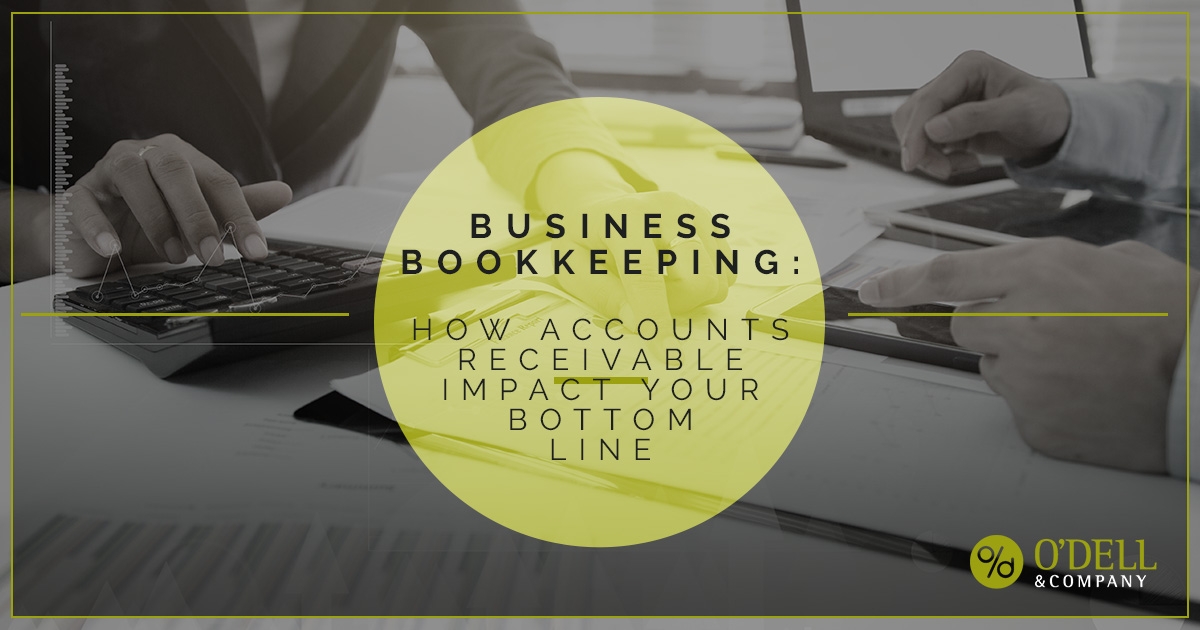Fort Collins Business Bookkeeping: How Accounts Receivable Impact Your Bottom Line
Welcome back! In our last blog, we discussed accounts payable and how liabilities, bad relationships with your suppliers, and poorly managed cash flow affect your business’s bottom line. In today’s blog, we are looking at the other side of things — accounts receivable. So, what is accounts receivable and why is it important to manage? Simply put, accounts receivable is the money owed to your company for its products or service. Therefore, it’s important because it’s essentially how you get paid for your services or products, and thus, how you gain capital. While accounts receivable is typically viewed as an asset, it can negatively affect your bottom line, and here is how.
Late Or Unpaid Invoices
When you provide a product or service to an individual or a company before you are paid, you should typically expect payment between net thirty and net sixty days. Therefore, you must take into account how much cash flow you have until you expect payment to ensure you have enough money to pay your debts, employees, and other operating business costs. But what if you are paid late or your debtor doesn’t pay you at all? Do you have the funds you need to survive? Ultimately, this is where proficient business bookkeeping becomes essential, as accounts receivable can negatively impact your bottom line. First, if you are paid late and don’t have sufficient funds to run your business efficiently. And second, you are not paid for your products or services at all, and therefore not making any money. Both of these situations lead to other issues that can severely affect your profitability.
Cash Flow
As you learned from our last blog, cash flow is critical to the survival and success of a company. Therefore, it’s important to have proficient business bookkeeping procedures and understand how cash flow is affected by business operations. Do you know how accounts receivable affects your cash flow? Essentially, when you provide a service or product to an individual or a company, but don’t require payment until a later date, you are out that money until you are paid, which reduces your cash flow and leads to other financial and business-related issues, such as, unpaid bills, low productivity, and minimized growth.
Unpaid Bills
If you frequently receive late payments, or your debtors simply don’t pay, that means you have to account for the money in some way or another. For small businesses who are just trying to get off the ground and make ends meet, this can be a big challenge and cause you to have to pay your own bills late — damaging relationships and creating a vicious cycle.
Missed Opportunities
When your company has limited cash flow, you are often limited in what you can do to advance and grow your business. For example, you may not have the means to get enough inventory on hand, hire staff to meet the demands of your business, pay for marketing, and more.
As you can see, business bookkeeping and managing your accounts receivable is a huge responsibility that should not get swept under the rug or handed off to just anybody. Who you put in charge of your accounts receivable can determine the success or failure of your company.
Are you in need of business bookkeeping help in the Fort Collins area? Whether you are a small business just starting up, or a large corporation, let us help you increase your bottom line with our reputable accounts receivable services. You won’t find more qualified or experienced accountants than our business bookkeeping team at O’dell & Company. Contact us today!



Leave a reply
You must be logged in to post a comment.